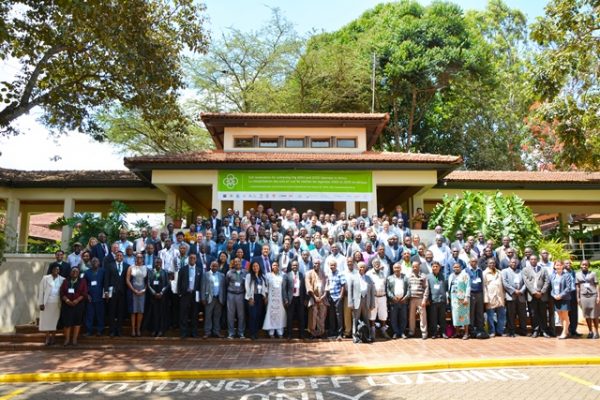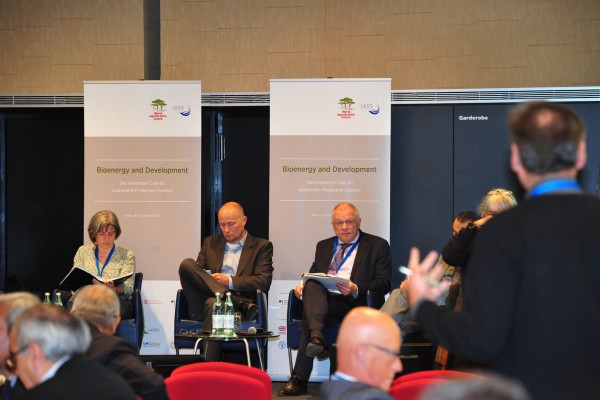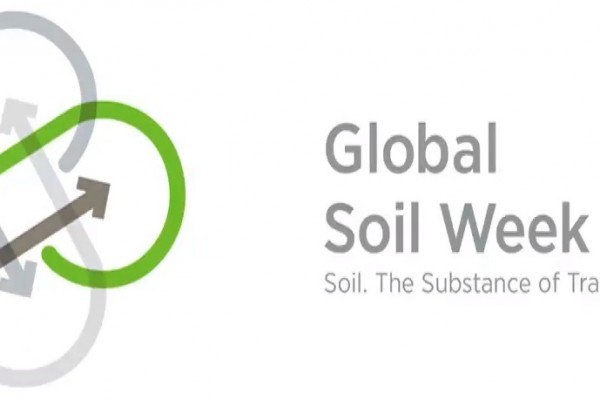Balancing the Competing Demands Made on Soils
Millions of people worldwide suffer from reduced and unequal access to fertile soils and land resources on which they directly depend for their livelihoods, food security and well-being. Local power asymmetries, the increasing individualisation of property rights, population growth, and growing demand and competition for natural resources often results in resource degradation, scarcity, overexploitation, and the expulsion of vulnerable and marginalized resource users.

photo credit: Samuel De Leon
Human-rights based approach to soil and land governance
Legal certainty with regard to tenure rights can provide incentives for the sustainable use of natural resources and long-term investments in the productivity of resource systems. It strengthens peoples’ sense of self-worth and empowers women especially.
The question of how to make tenure rights to land and soil resources a reality in lived societal practice through human rights-based strategies for the uptake of the VGGT is a central question of our work.
Tenure rights crucial for sustainable use of natural resources
Legitimate tenure rights are often not documented nor recognised and protected by the law; and in cases where these rights are documented or recognised on paper, they are often not enforced and translated into lived societal practice. The ‘Voluntary Guidelines on the Responsible Governance of Tenure of Land, Fisheries and Forests in the Context of National Food Security’ (VGGT) represent a historic opportunity to transform this situation into pro-poor resource governance structures and secure the legitimate tenure rights of women, men, indigenous peoples and local communities.
Secure land tenure supports livelihoods and creates an incentive for the sustainable management of soil.
While they are a voluntary instrument, they are strongly rooted in existing international human rights law and set out the obligations of both state and non-state actors. They provide internationally agreed guidance on how to recognise and allocate legitimate tenure rights, including individual and collective tenure rights, to marginalised groups, and on how to hold governments accountable. They also acknowledge the crucial role of participation.











